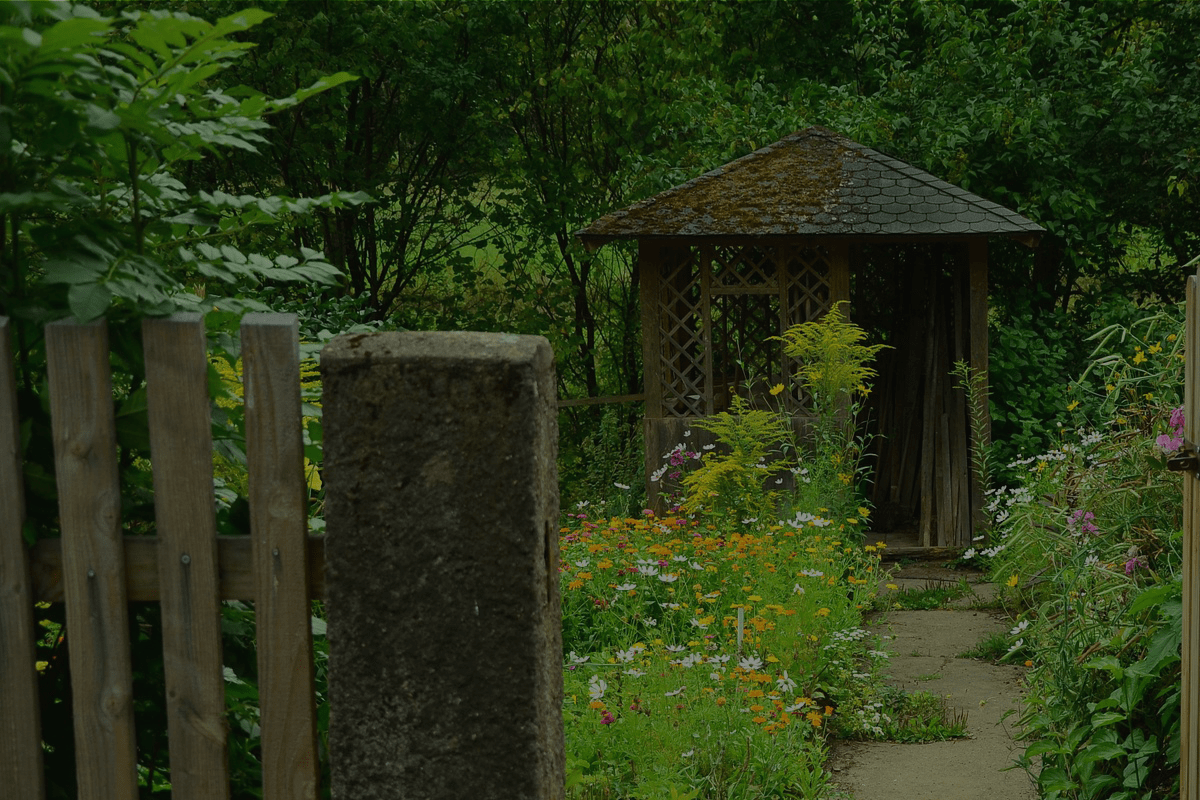
Magic Garden
Magic Garden | Garden Layout | Selecting Plants | Preparing the Soil | Planting
Witches have been growing herbs for centuries, so they have amassed a wealth of procedures for effective magical gardening. Sometimes these make more sense than a pile of gardening books.
When the seedlings are well-established, other uninvited plants will probably poke through the ground. Let some of these grow provided that they don’t crowd your herbs, for many will be useful in magic. Typically, non-Witch gardeners often destroy such plants, little realizing their powers.

There are specific pruning rules. All pruning should be carried out in the decrease of the Moon. Hedges (such as the hawthorn, which at one time every Witch had in her garden) should always be trimmed from East to West, which follows the course of the Sun. Prune trees in a clock-wise direction as you walk around them.
Thistles can be a bit of a bother in the garden. If you cut them after Midsummer two will grow for every one you cut. Be sure to cut them well before June 21 unless you want a lot of thistles.
You may wish to share your herbs with friends. That’s fine, but even here there are strict rules. Never give a part of a plant to a friend. If the person asks you for a sprig of, say, fresh rosemary, change the subject and walk away. They must steal a bit for themselves. If this procedure is followed the plant will stay healthy and flourish.
Once a month after the herbs are fully grown, on the night of the Full Moon if possible, walk out to the garden and draw a circle in the dirt around each plant, using your knife. Make sure that the ends of the circle meet. Draw clockwise. This helps to seal the powers inside the leaves and roots.
Then, too, go out at night when the herbs are rejuvenating and basking in the Moon’s light and talk to them. Never neglect this, for it creates a bond between you, a merging of your energy and the plant’s energy. If your neighbors overhear your nocturnal conversations, don’t worry. Many people talk to their plants today and many psychiatrists believe that it is excellent therapy.
One last note: to ensure that the destructive insect population is kept down, have a large frog or toad in the garden. Dub it with a good ‘toadish’ name, like Gick or Trog, and talk to it whenever you walk in the garden. Give it a mate, and plenty of water, and it should stay.
